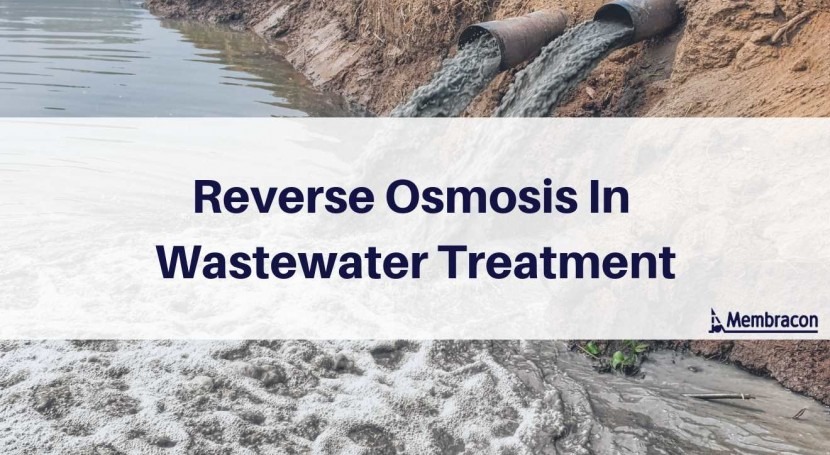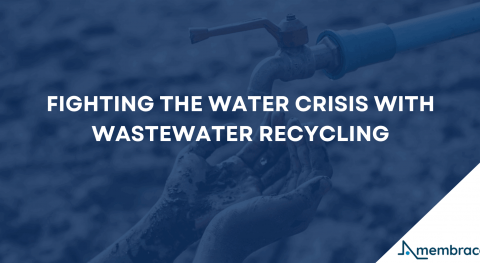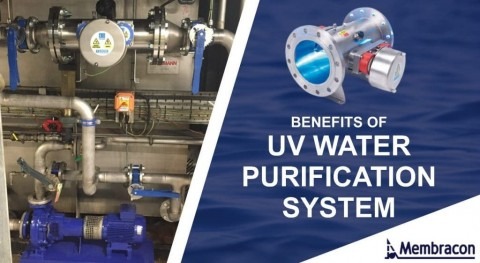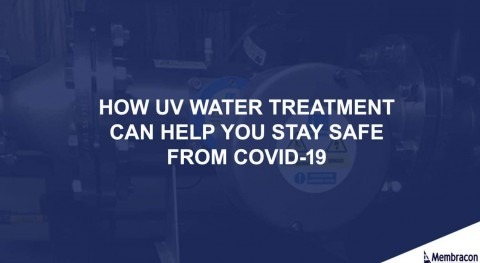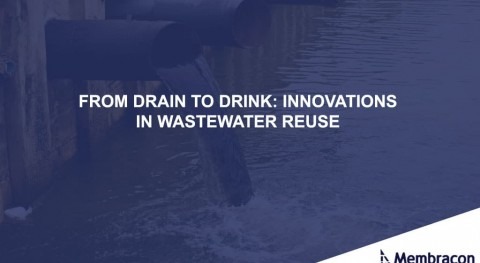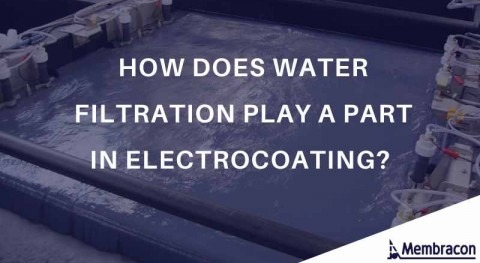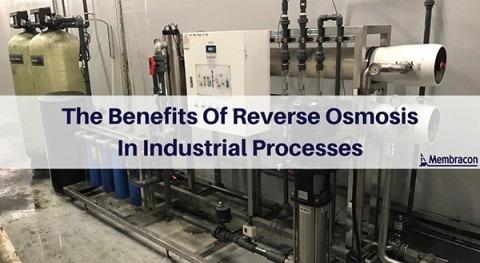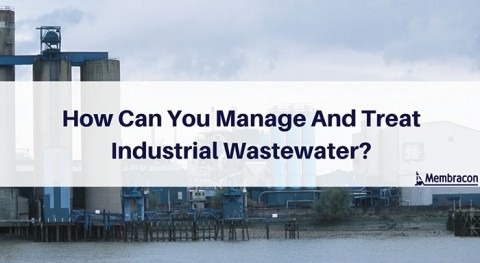Reverse Osmosis (RO) is growing in popularity when it comes to managing and treating wastewater, especially in industrial processes.
Companies are becoming aware of just how important the responsibility they have when dealing with such large quantities of water. Water filtration systems like RO are an investment that companies should be making.
They provide a safer working environment, less maintenance and over time will save money. They’re also required to meet certain regulations and laws.
What is wastewater?
Wastewater is any water that has been affected by human use, this can be from domestic, industrial, commercial or agricultural activities. It can be transported to sewers or wastewater treatment plants.
When wastewater is discharged into the environment without suitable treatment this then causes water pollution. Last month saw Southern Water penalised with a £126m payout due to spillage of wastewater into the environment.
As society is becoming more eco-conscious, regulations and rules are becoming stricter.
Penalties are also becoming heavier, the managing director of the business that fails to meet regulations could face imprisonment.
Having the correct wastewater treatment and management is crucial to your business. Not only to meet regulations but it can also save money by reusing water that would otherwise get disposed of.
Below is a list of some of the industries that generate wastewater through production:
How can reverse osmosis be used to treat wastewater
Although there’s a variety of water filtration solutions to manage and treat wastewater, RO is becoming increasingly popular. RO is capable of rejecting 99.9% of bacteria.

Reverse Osmosis systems can be used combined with other water filtration units. Dependent on each water solution is the quality of water you have to treat and the desired quality of water for reuse.
This will differ for each solution as raw water quality varies with location. It also depends on the contaminants that have been used in production.
RO works by removing impurities from contaminated water. It does this through the process of pressure, forcing the contaminated solution through membranes. After the water is treated it can be reused in production or can be disposed of safely.
Is RO a green solution for industrial waste water treatment?
Traditional water treatment methods require chemicals, which poses more than one risk. Holding chemicals on-site, transporting them and having someone manage them are all health and safety risks.
It’s also better for the environment if the treatment takes place on-site as opposed to frequent collections of wastewater by truck.
Modern membrane technologies used in RO don’t require any chemicals, it uses electricity and high-pressure water.
RO systems also require very little maintenance, they are self-cleaning, self-contained units.
The wastewater they treat can be disposed of safely or reused and recycled back into production. This is a huge benefit as it saves storage space and saves money.
Conclusion
RO is just one of the options when it comes to managing and treating wastewater. However, due to the many benefits, it’s becoming an increasingly popular choice in manufacturing processes.
Every single company will face different challenges with its wastewater as there are so many varying factors that affect the quality.
To understand your specific water issue Membracon offers a free water analysis test. This way you can establish the purity of the water you already have, and we can then offer the best solution for you to achieve your required water quality target.

